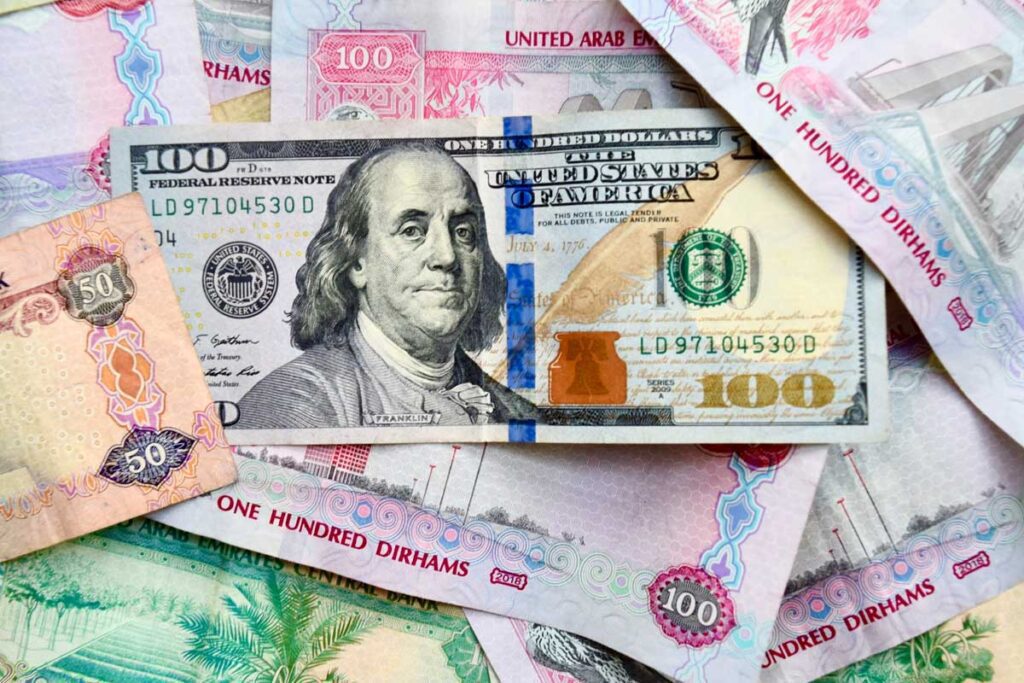According to the Arab Investment and Export Credit Guarantee Corporation (DHAMAN), foreign investment in Arab countries experienced a significant surge of 358 percent, reaching $200B in the past year.
The number of foreign direct investment (FDI) projects entering Arab nations also increased by 74 percent in 2022, totaling 1,617 projects, with a corresponding rise in investment costs.
The United Arab Emirates (UAE) took the lead among recipient countries with approximately 923 projects. Among different sectors, renewable energy attracted the highest investment cost, accounting for 60 percent, while the software sector led in terms of the number of projects, making up 23.4 percent of the total.
The 38th Annual Investment Climate Report for Arab Countries in 2023, organized by DHAMAN from its headquarters in Kuwait, revealed that a significant concentration of these FDI projects was observed in Egypt, accounting for 53 percent of the total investment cost, and in the UAE, accounting for 57 percent.
Over the past two decades, the cumulative value of these projects in the region reached $1.5T, encompassing more than 16,000 projects that generated over two million jobs.
In the report’s introduction, Abdullah Ahmed Al Sabah, the Director-General of DHAMAN, mentioned that they monitored 155 composite and subsidiary indicators from more than 30 international organizations.
These indicators showed changes in the global rankings of Arab countries across four main indicator groups relevant to the investment climate in the region in 2022: political, economic, regulatory, and production.
These positive changes in international indicators for Arab countries have significantly impacted FDI projects entering the region and their investment costs.
It is expected that the strong performance will continue in 2023, with a projected 28 percent increase in the number of foreign projects entering the region and a 70 percent rise in investment costs, amounting to $74B in the first quarter of 2023, as a result of improved political and economic conditions in the region and the subsiding of geopolitical issues both regionally and globally, according to Abdullah Ahmed Al Sabah.


